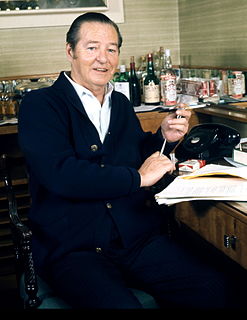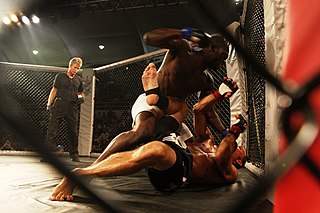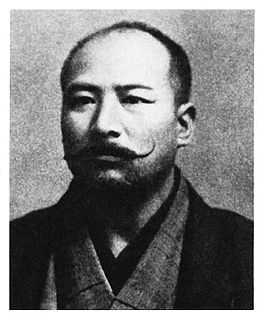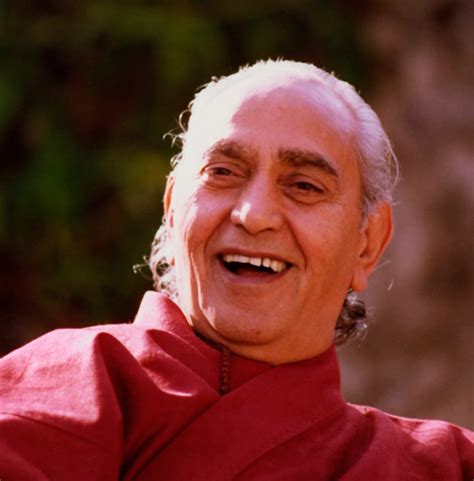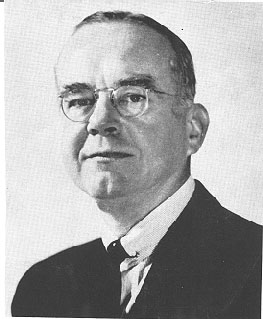A Quote by Terence Rattigan
A playwright must be his own audience. A novelist may lose his readers for a few pages; a playwright never dares lose his audience for a minute.
Related Quotes
A playwright, especially a playwright whose work deals very directly with an audience, perhaps he should pay some attention to the nature of the audience response - not necessarily to learn anything about his craft, but as often as not merely to find out about the temper of the time, what is being tolerated, what is being permitted.
Just as the historian can teach no real history until he has cured his readers of the romantic delusion that the greatness of a queen consists in her being a pretty woman and having her head cut off, so the playwright of the first order can do nothing with his audience until he has cured them of looking at the stage through the keyhole, and sniffing round the theatre as prurient people sniff round the divorce court.
The way Donald Trump talks about the problems of black Americans as a kind of separate group who are not part of his audience but he's kind of reaching over his audience or behind his audience to black Americans, saying what have you got to lose? As in you might as well join me because the Democrats haven't done anything for you. But joining me means joining this group that already supports me.
The Judo pupil, therefore, must cultivate his mind; he must never feel fear, never lose his temper, never be off his guard; but he must be cool and calm, though not absent-minded; he must act as quick as thought, according to circumstances. He must also be dexterous as well as bold both in attack and in defense.
Neanderthal man listened to stories, if one may judge by the shape of his skull. The primitive audience was an audience of shock-heads, gaping around the camp-fire, fatigued with contending against the mammoth or wooly-rhinoceros, and only kept awake by suspense. What would happen next? The novelist droned on, and as soon as the audience guessed what happened next, they either fell asleep or killed him.
